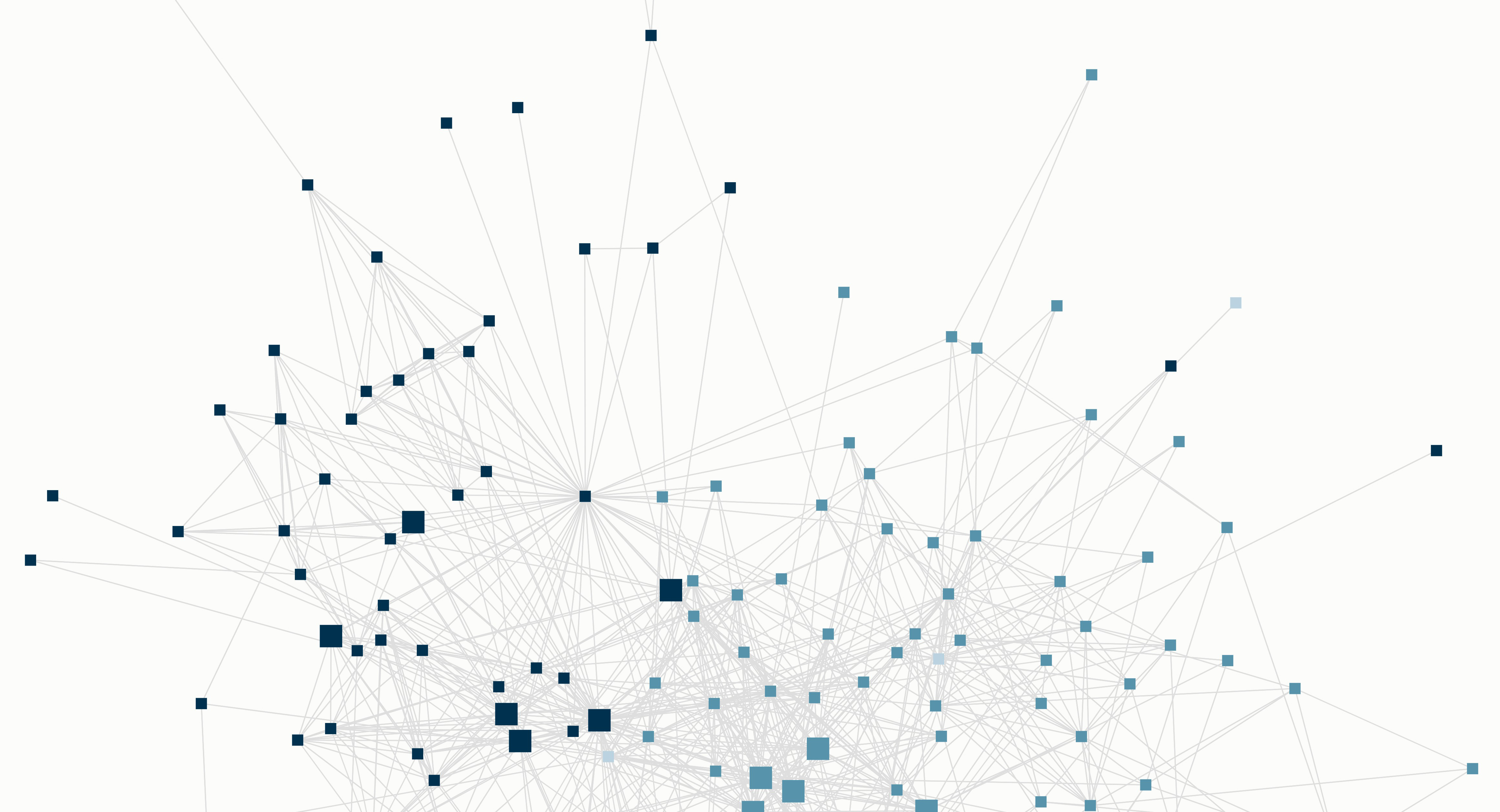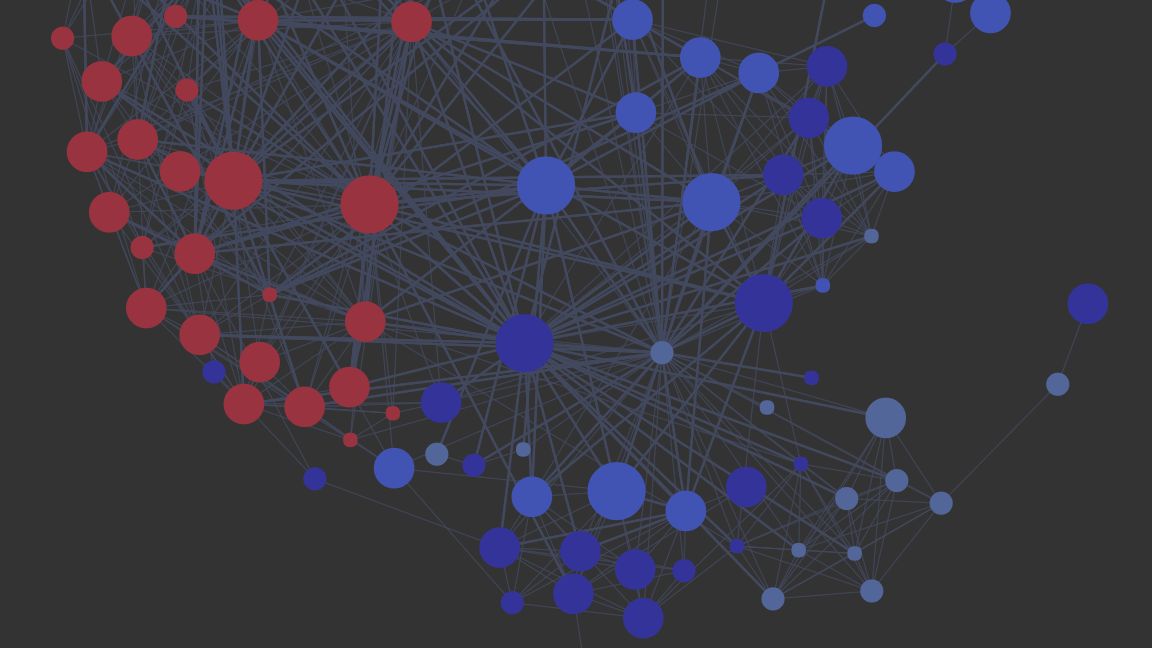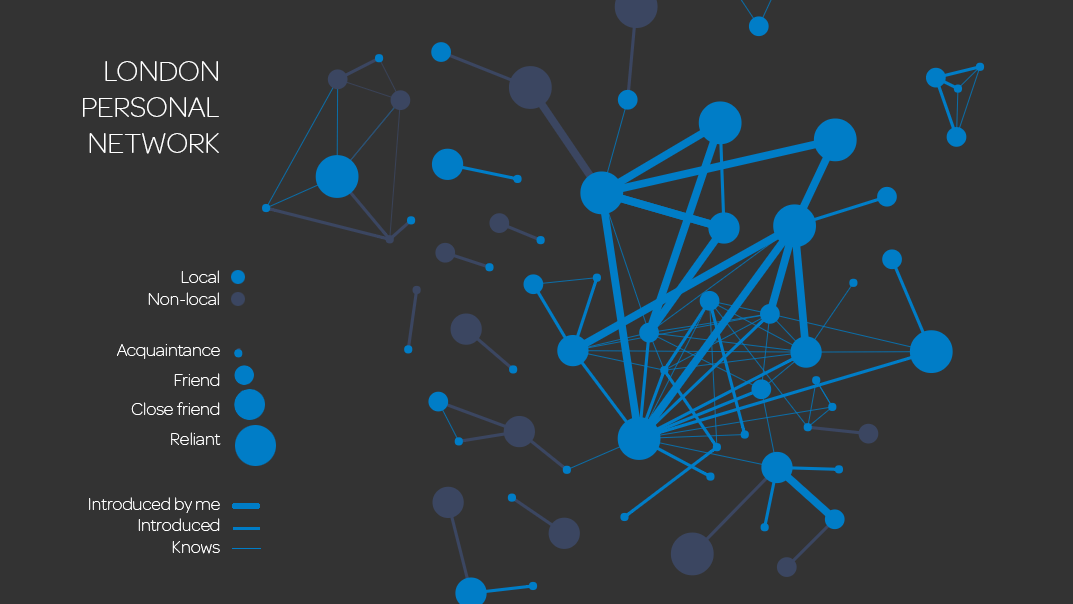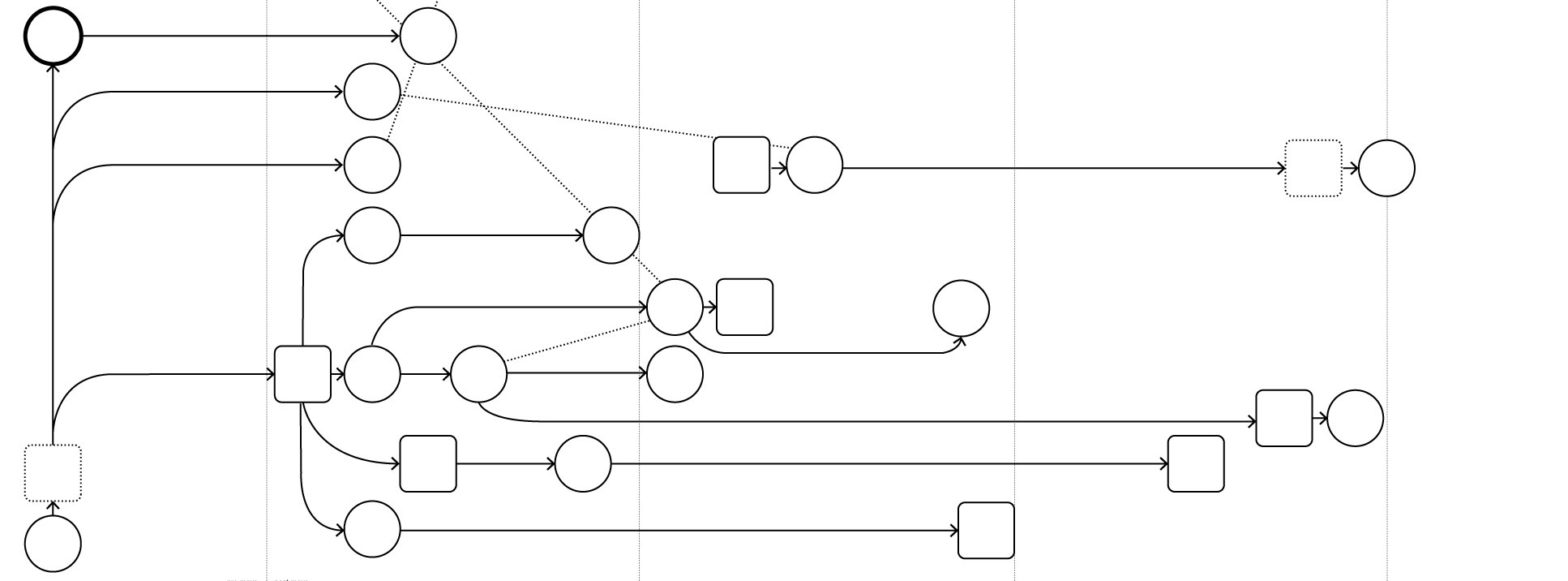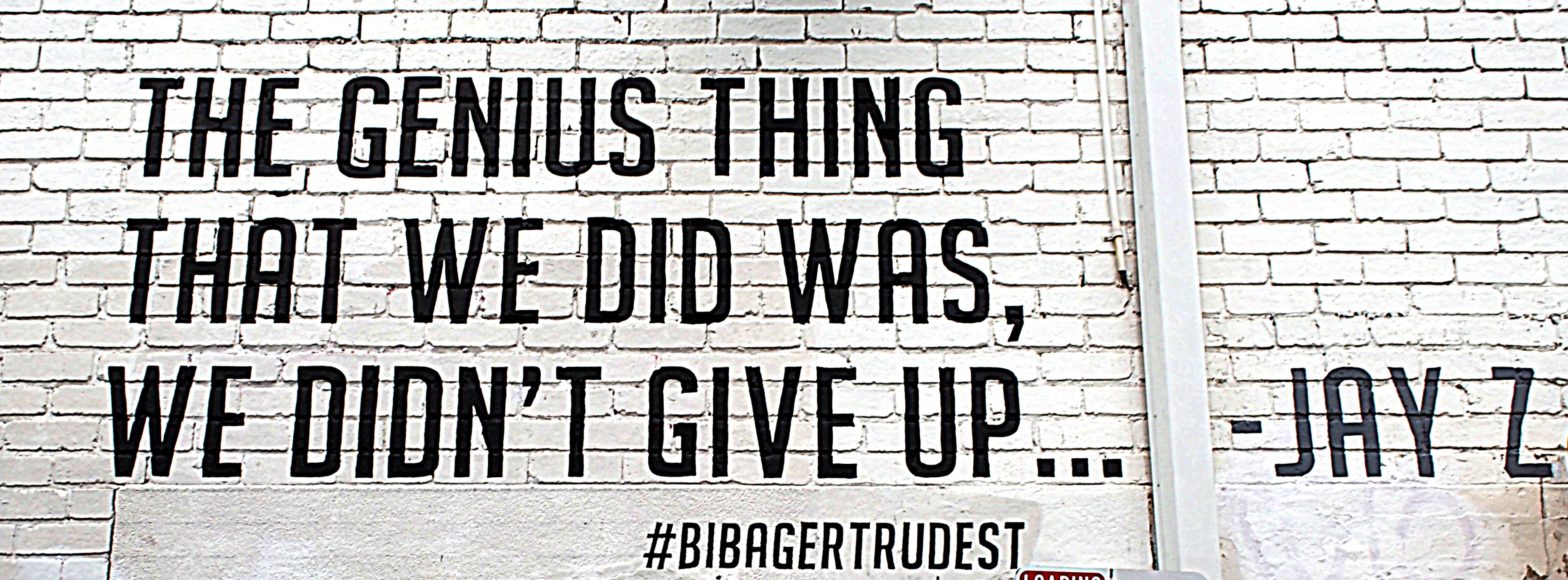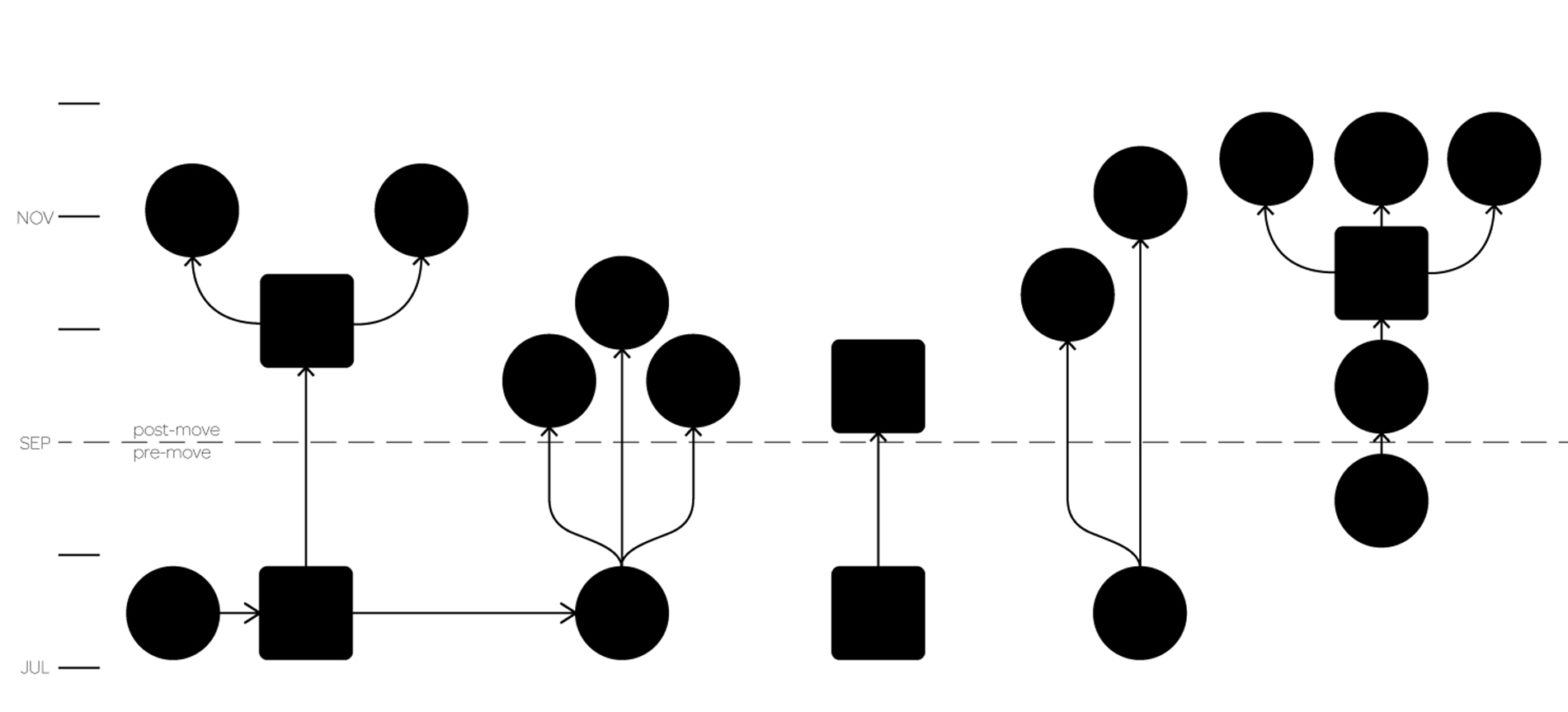Introducing The Reliants Project
Recently, I’ve been building up my understanding of social network analysis (SNA) so I can help myself and others build and maintain more resilient personal networks. I’ve learned how to graph my social network and the impact that quality relationships have on your life. Now I’m hoping to incorporate these skills and interests into my work more directly.I wanted to say thank you for your willingness to respond to my repeated requests over the last several months; filling out surveys, testing newsletters and sharing content with your network. Every little bit helps and I wanted to share some of the valuable outcomes you have helped make possible so far.People who made direct introductions have helped me: Connect with 20+ potential collaborators Find 7 podcast guests Identify 3+ advisory opportunities with companies that are trying to solve important problems using networks People who shared The Reliants Project content on social media have helped me: Secure a guest blog post on The Relationships Project, which will help build awareness around the importance of networks with people that are working on social problems Get …
